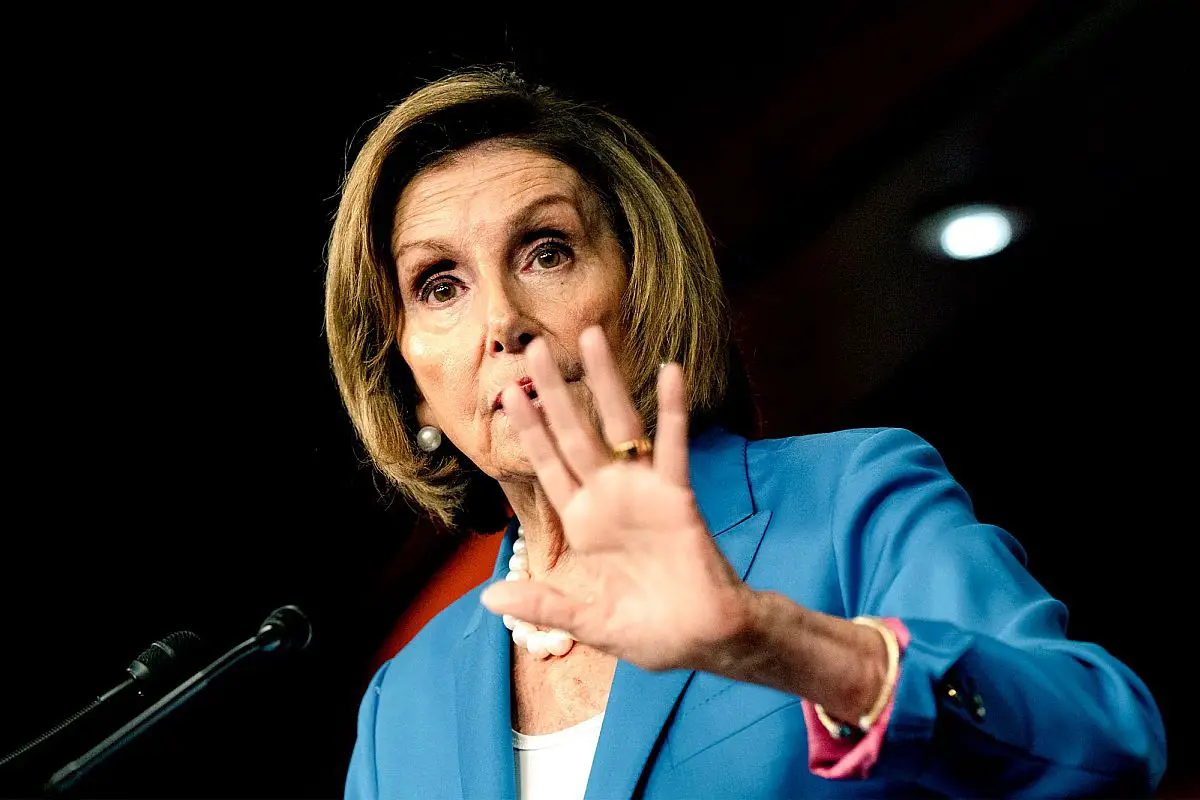It’s not often that Washington finds common ground, but lawmakers from both ends of the political spectrum are rallying around the same idea: members of Congress shouldn’t be cashing in on the stock market while writing the nation’s laws.
Among Republicans, Rep. Chip Roy of Texas and Sen. Josh Hawley of Missouri are leading the charge. Roy has said flatly, “If you want to day trade, leave Congress.” Hawley, meanwhile, rolled out the PELOSI Act, a bill aimed at banning insider trading by members of Congress and their families. Hawley’s legislation is a direct nod to highlight former Speaker Nancy Pelosi, whose skyrocketing wealth has long drawn accusations of profiting from political privilege.
So-called “Squad” members on the left, like Rep. Pramila Jayapal of Washington, Rep. Alexandria Ocasio-Cortez of New York, and Rep. Seth Magaziner of Rhode Island, have joined forces with Roy to push the “Restore Trust in Congress Act.” Their bill would prohibit members and their families from trading individual stocks, commodities, or securities.
From Many Bills to One
For years, there have been different versions of proposed stock-trading bans. Some targeted only members of Congress, others went after spouses and dependents. In the Senate, Mark Kelly and Jon Ossoff called for blind trusts, while Hawley’s PELOSI Act put a spotlight on insider trading and Pelosi’s household gains.
This new push brings all those strands together into a single, bipartisan package. By blending the strongest parts of earlier proposals, supporters hope they can finally get a bill through both chambers.
What the New Bill Would Do
- Ban trading in individual stocks, commodities, or securities for members, spouses, and dependents
- Require blind trusts or divestment of existing holdings
- Close family loopholes by covering spouses, dependents, and trustees
- Impose penalties with fines and ethics referrals for violations
- Keep disclosures for mutual funds and index funds
It’s still probably not enough to stop the worst offenders, but it’s a start.
The Senate effort is running in parallel, with Kelly and Ossoff pressing for a similar approach that would force lawmakers to choose between blind trusts or divestment. Even Treasury Secretary Scott Bessent has signaled his support for the movement. President Trump has also voiced support for such a ban at various times.
The odd alliance between MAGA and far-left Democrats speaks to how fed up voters are. Polls show more than 80 percent of Americans want Congress out of the stock market. People are watching their grocery bills climb while their Congressman racks up sizable gains on insider information.
Pelosi remains the symbol of the problem. Reports show her household’s investments soared 54 percent in 2024, far outpacing the S&P 500. For many Americans, it looks like Congress is making rules in private and cashing in on them in public. The STOCK Act of 2012 was supposed to keep things clean, but weak enforcement and late disclosures have made it meaningless.
The big question now is whether congressional leaders will actually allow the ban to move forward. Plenty of members are quietly getting rich under the current rules, and they won’t give that up easily. Still, the political cost of ignoring this issue is climbing fast.
The public doesn’t trust Congress, and some members see a chance to do something about it. It’s still unclear if this current push will make it across the line, but it’s probably the highest chance in years for something to happen on this front.
